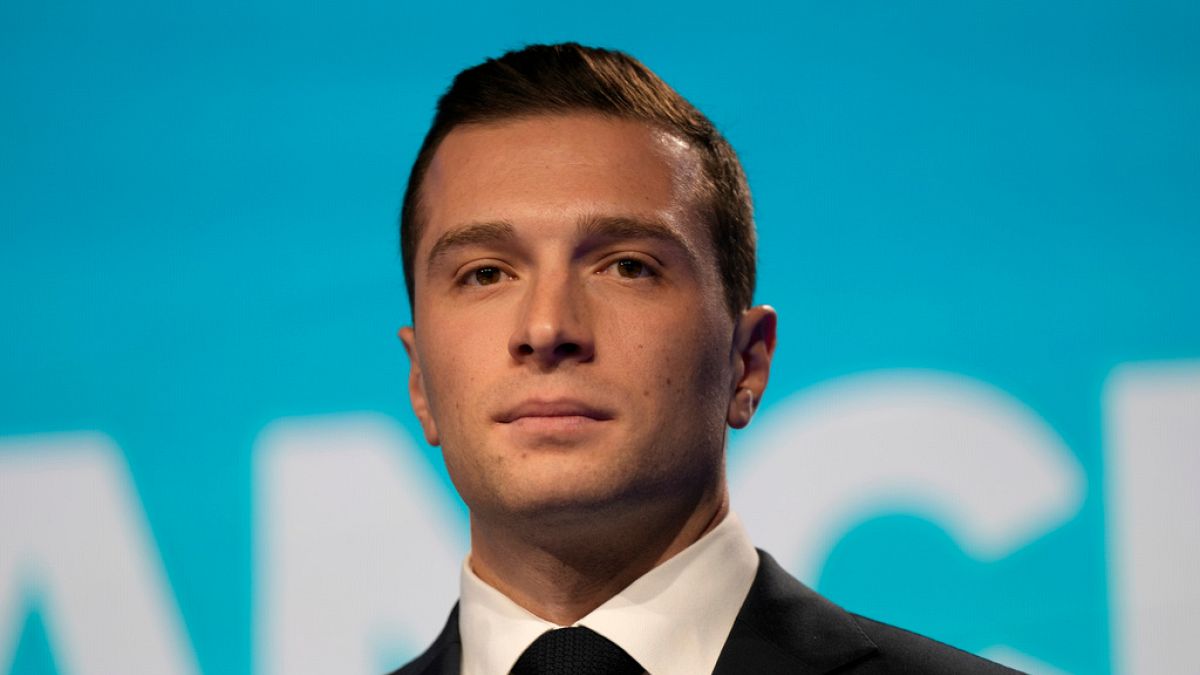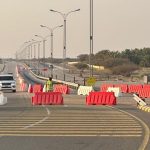Jordan Bardella, a university dropout turned potential prime minister, has taken the French political scene by storm, leading the far-right National Rally party to unprecedented success in the recent European elections. Bardella’s rise has been attributed to a compelling rags-to-riches narrative, showcasing his journey from a low-income housing complex in Paris to a prominent political figure. However, investigations have revealed a more nuanced reality behind Bardella’s self-made man image, with his affluent background and privileged upbringing often omitted from his storytelling.
Despite his claims of growing up in a rough suburb plagued by violence and poverty, Bardella’s childhood was split between his mother’s apartment and his father’s home in a prosperous Parisian suburb. His father, a successful businessman, provided Bardella with opportunities and privileges that contradict his political narrative of overcoming adversity. Critics argue that Bardella’s public image is carefully crafted to appeal to a specific audience, showcasing a clean-cut appearance and eloquent speech to distance himself from his party’s controversial past.
Bardella’s political career began at a young age when he joined the National Rally, formerly known as the National Front. Known for his polished appearance and commitment to the party’s rebranding efforts, Bardella quickly rose through the ranks to become an influential figure within the far-right movement. His meteoric rise culminated in his election as the party’s president in 2022, positioning him as a potential contender for France’s prime ministerial role if the National Rally secures a majority in the upcoming parliamentary elections.
While Bardella has been praised for his media-savvy approach and ability to attract younger voters through social media campaigns and television appearances, critics have raised concerns about his leadership style and lack of substantive policy engagement. Described as a chameleon by some, Bardella has been accused of prioritizing his public image over addressing critical political issues. His absences from the European Parliament and inconsistent voting record have drawn criticism from opposition lawmakers, highlighting a potential gap between Bardella’s public persona and his legislative responsibilities.
Despite his rapid ascent in the political arena, Bardella remains overshadowed by Marine Le Pen, the former leader of the National Rally and a prominent figure in far-right politics. While Bardella’s popularity among younger voters and his innovative media strategies have bolstered the party’s appeal, questions remain about his ability to navigate complex policy issues and lead the country effectively. As Bardella positions himself as a contender for France’s top political office, the influence of his mentor and the party’s established leadership structure will likely play a crucial role in shaping his future trajectory.































